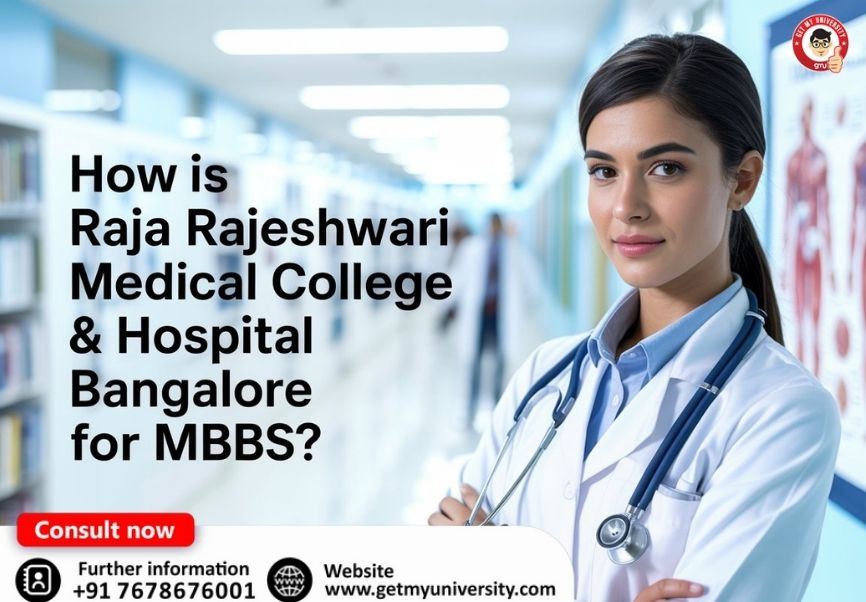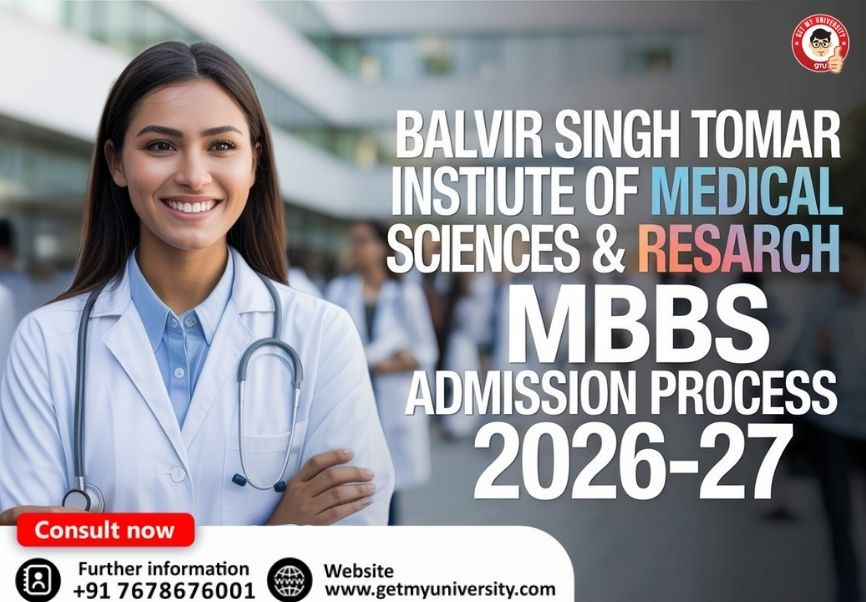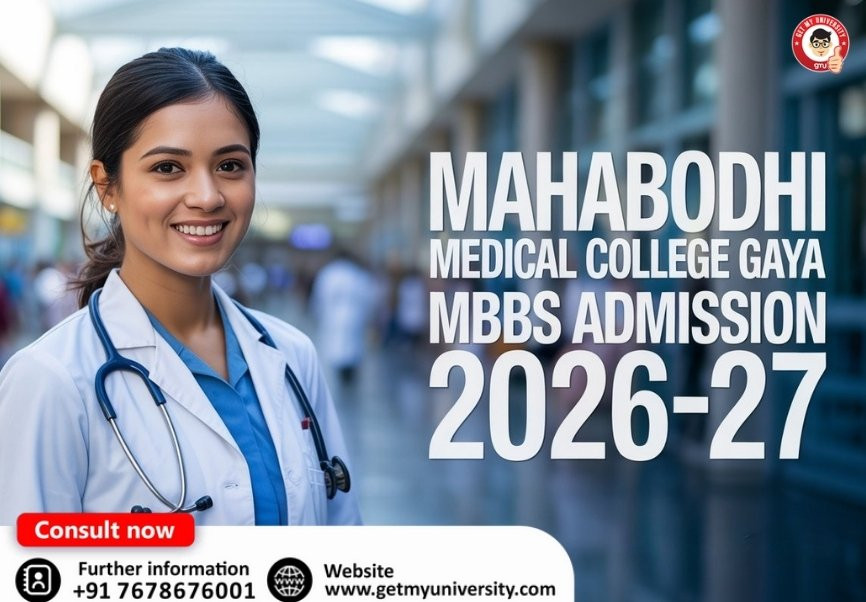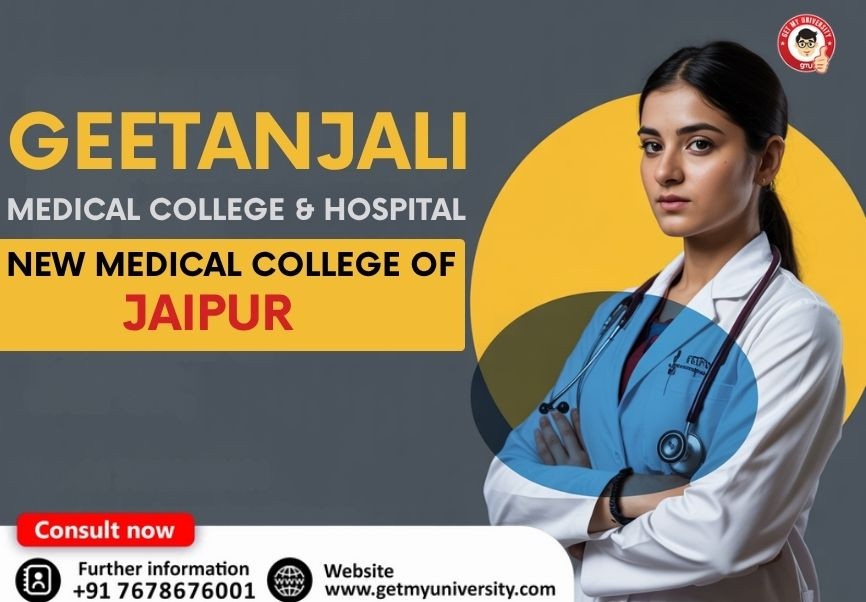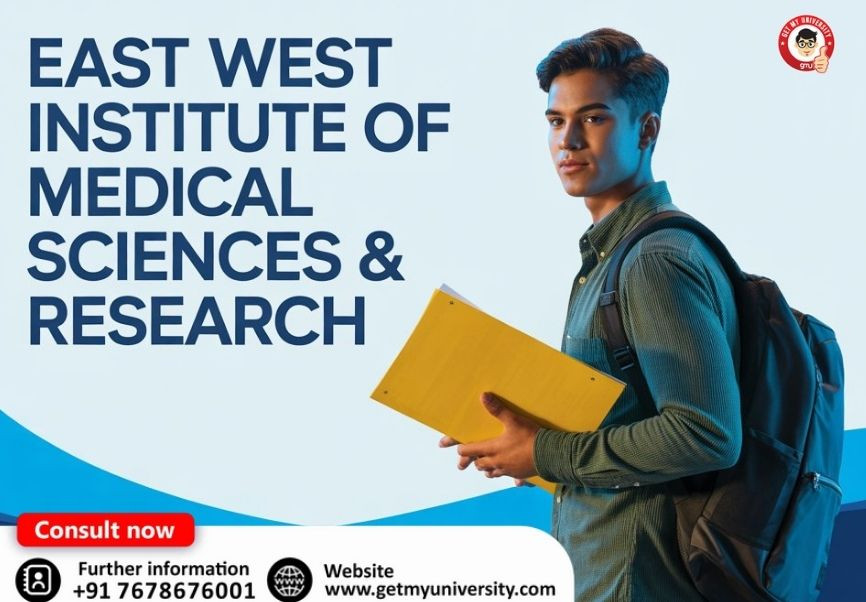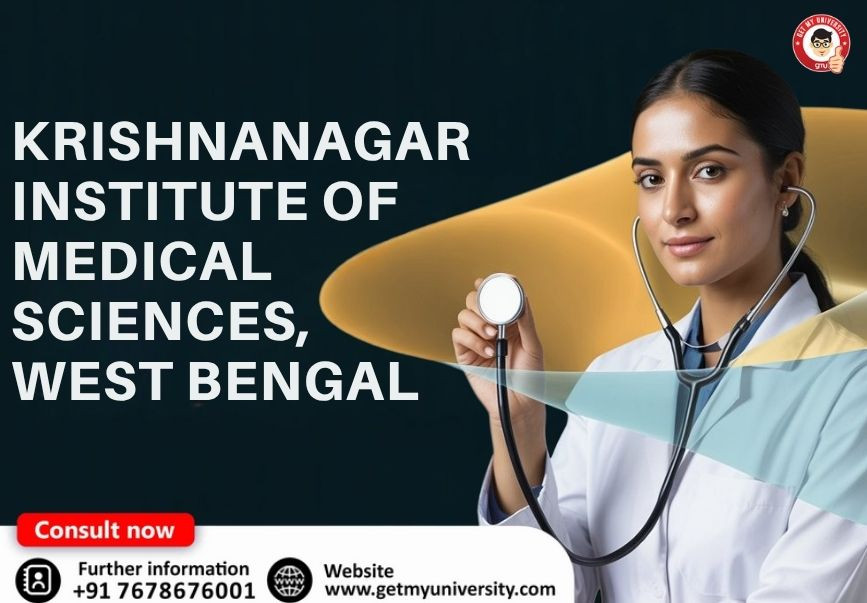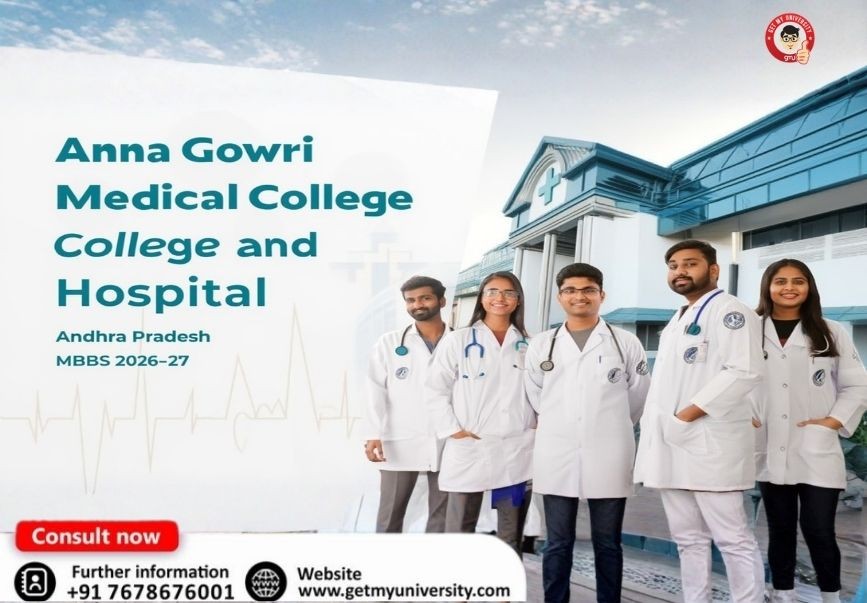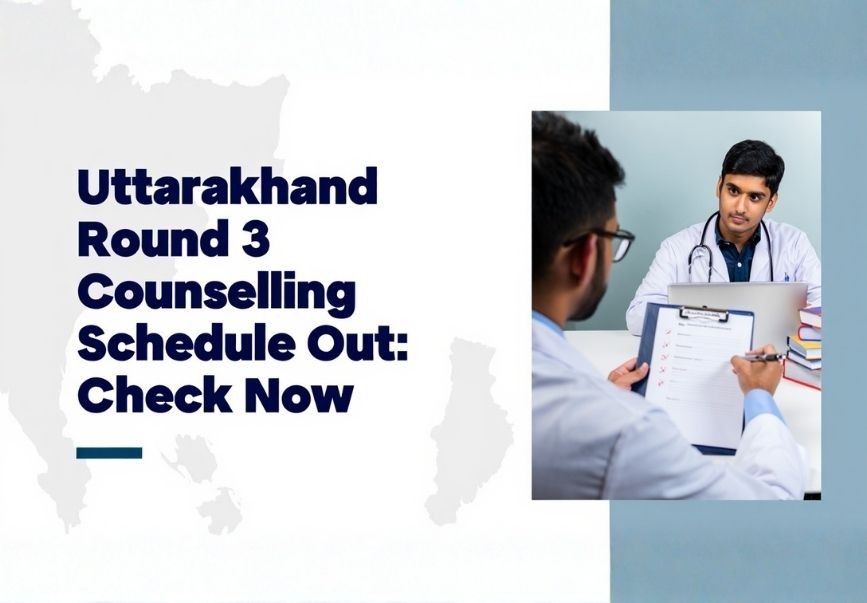Want to Study MBBS in Russia? Here’s Everything You Need to Know!
If you are considering pursuing an MBBS in Russia, it is essential to understand the medical licensing process. Whether you are a local medical graduate or an international student, obtaining a medical license in Russia requires completing several steps with careful attention. The process can be challenging without expert guidance, especially for foreign medical professionals.
At Get My University, we are here to assist you at every stage, from securing MBBS admission in Russia to navigating the licensing exam with ease. With Team Get My University’s expert support, you can confidently take the next step toward your medical career.
Before exploring the detailed process of obtaining a medical license in Russia, let’s first understand why studying MBBS in Russia is an excellent choice.
Why Study MBBS in Russia?
Pursuing an MBBS in Russia offers numerous advantages, making it a popular choice among Indian students. Some key benefits include:
- Affordability at its peak
- High Quality Education
- Globally Recognized Medical Degree
- Safe & Student Friendly Environment
- Wide Range of Global Career Opportunities
How to Get a Medical License in Russia?
If you want to practice medicine in Russia, you must complete several essential steps. Below is a simplified guide to obtaining a medical license in Russia:-
Step 1 - Earn a Medical Degree
Complete an MBBS or an equivalent medical degree from a recognized university. If you are a foreign graduate, your degree must be evaluated to ensure it meets Russian medical education standards.
Step 2 - Pass the Russian Medical Licensing Exam
The primary licensing test is the Primary Accreditation Exam, conducted by the Russian Ministry of Health.
The exam consists of:
- A theory test with multiple-choice questions (MCQs).
- A practical skills assessment to test clinical abilities.
- An interview or case discussion to evaluate decision-making and medical knowledge.
Step 3 - Meet Language Requirements (For Foreign Graduates)
If you studied medicine in English, you may need to pass a Russian language test, as doctors in Russia must communicate effectively with patients.
Many medical institutions require a B1 or B2 level Russian language certification as proof of proficiency.
Step 4 - Complete Internship or Residency (If Required)
Some medical specializations require additional training before obtaining a license.
This may include:
- A 1-year internship for general medical practice.
- A 2-year residency (ordinatura) for specialized fields.
- Certain advanced fields, such as surgery or cardiology, may require longer residency training.
Step 5 - Apply for a Medical License
After completing the necessary exams and training, you must apply for a medical license through the Federal Service for Surveillance in Healthcare (Roszdravnadzor) or the Russian Ministry of Health.
The application requires submitting:
- Medical degree certificate (validated for foreign graduates)
- Licensing exam results
- Russian language proficiency proof (if applicable)
- Internship/residency completion certificate (if required)
- Passport and visa details (for foreign doctors)
Step 6 - Get Registered and Begin Practicing
Once your application is approved, you will receive an official medical license, which allows you to work in hospitals, clinics, or private practice in Russia.
You may also need to register with a medical institution before starting your practice.
Get MBBS Admission in Russia with Team GMU
Are you dreaming of pursuing an MBBS in Russia? Team GMU (Get My University) is here to support you at every stage of the admission process. With its affordable tuition fees, prestigious universities, and globally recognized medical degrees, Russia stands out as a top choice for medical education.
If you’re planning to study MBBS in Russia, Team Get My University is ready to assist you every step of the way. Start your journey toward a successful medical career with our expert guidance and seamless admission support.
Wishing all aspiring medical students the very best of luck—Team Get My University!

.jpg-39302.jpg)

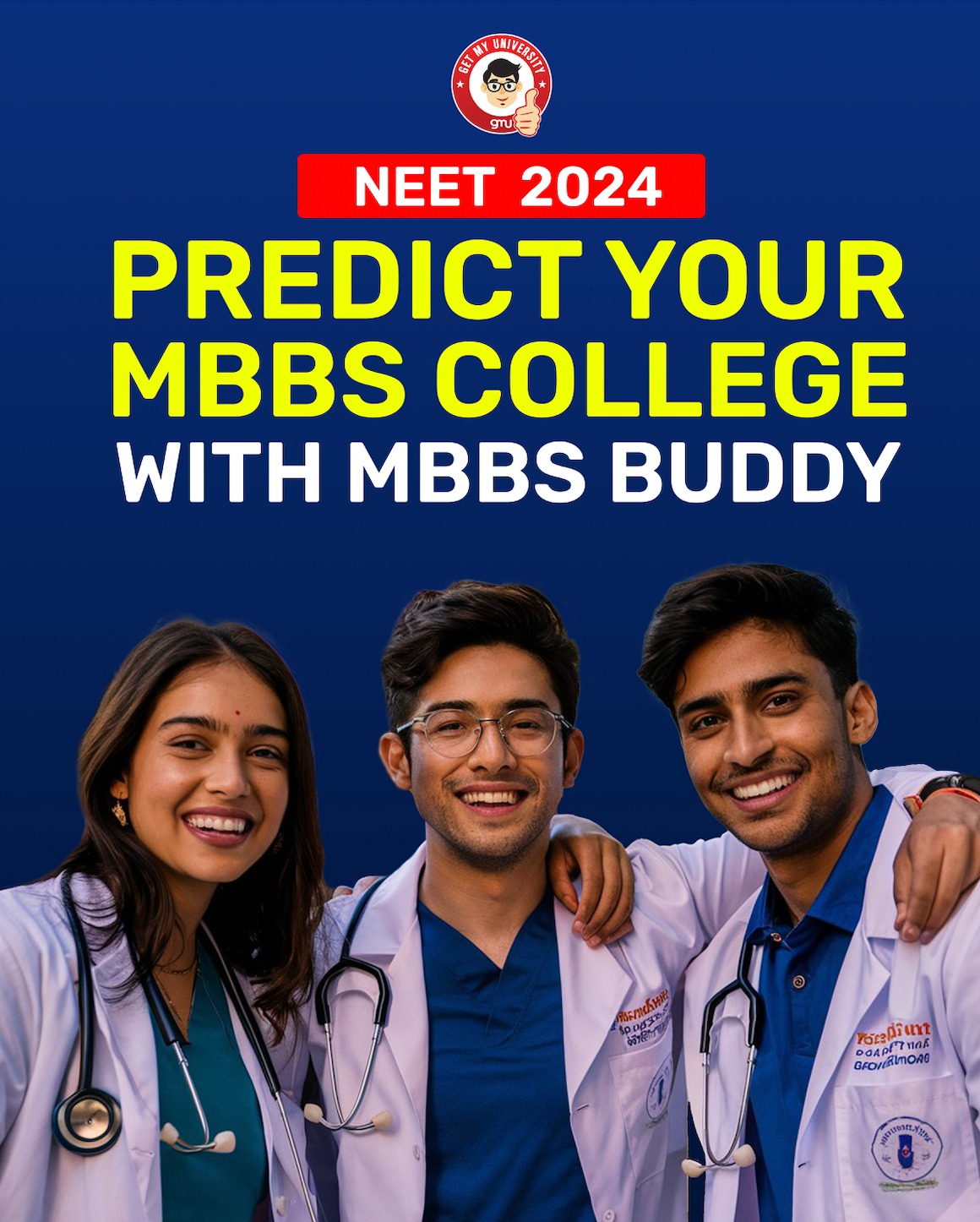

.jpg-12992.jpg)
.jpg-24397.jpg)
